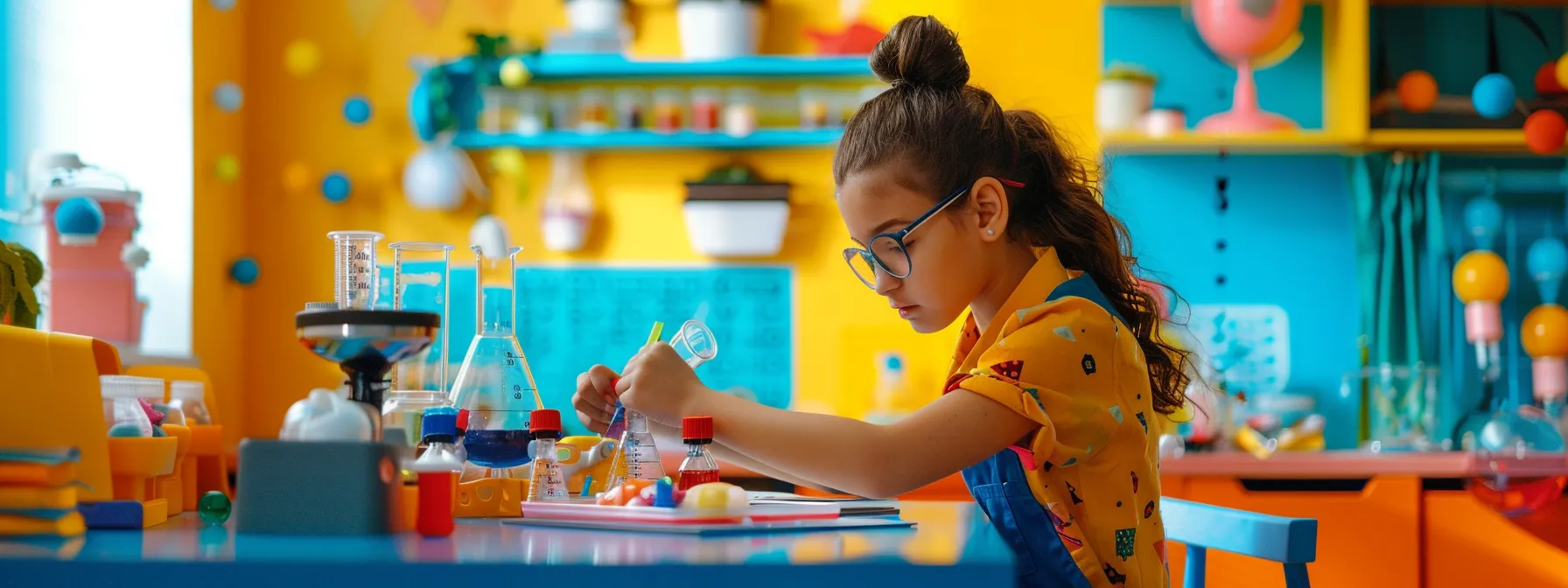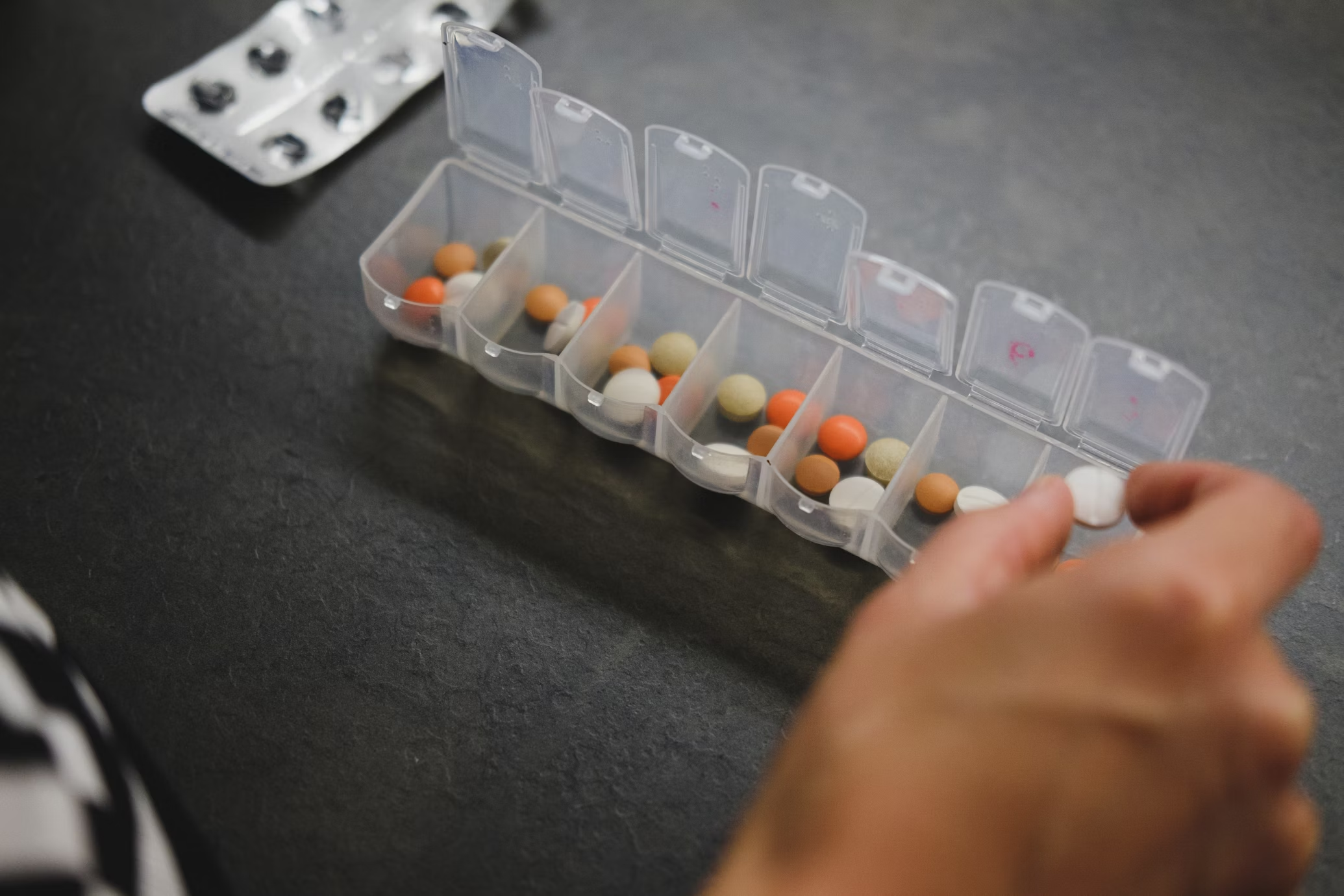Students often find themselves submerged in a sea of books, lectures, and assignments, a routine that can quickly become monotonous and draining. Yet, incorporating fun activities into this regimen can serve as a needed breath of fresh air, instilling a rejuvenating energy into the daily rigors of academia. By strategically adding elements of play and enjoyment, students can find a renewed sense of motivation and a more positive mindset toward their studies. Keep reading to explore how fun activities can be the catalyst for a more engaged and mentally fit student life.
Understanding the Link Between Fun Activities and a Positive Mindset
Recreational activities significantly boost students’ mental well-being by triggering dopamine release, which enhances mood and reduces stress. Engaging in enjoyable tasks offers a break from academic pressures, leading to renewed focus and improved cognitive performance when students return to their studies.
Integrating fun into students’ routines promotes resilience and adaptability, helping them better handle academic challenges. Activities like strategy games or puzzles, such as Big Bass Bonanza, not only provide relaxation but also enhance critical thinking and problem-solving skills, supporting overall academic success.
Incorporating Play into Study Routines for Enhanced Engagement
A study routine that balances study and play can enhance engagement and morale. By setting aside specific times for both, students can maintain a balance that keeps their minds alert and receptive. A reward system can be an effective method, where fun activities serve as incentives for achieving study goals. This not only motivates students to stay on task but also creates positive associations with the learning process.
Play can be a combination of video games, sports, creative projects, and DIY tasks, reviving the brain’s curiosity and reviving the zeal for learning. This approach maintains high engagement with academic responsibilities and promotes a holistic growth mindset, as students appreciate learning beyond textbooks. This enlightenment affirms the correlation between various experiences and the development of a well-rounded intellect.
Outdoor Activities as a Vent for Academic Stress
Outdoor activities offer mental and physical benefits to students, counterbalancing the stress of academic schedules. Engaging in activities like jogging, soccer, or hiking can lower stress levels and improve memory and concentration, crucial for academic success. The fresh air and sunlight from outdoor activities can also improve sleep patterns, enhancing learning and retention. For students in urban environments, green spaces like parks, botanical gardens, or tree-lined streets provide relaxation and rejuvenation.
These activities remind students of the world beyond their academic obligations, encouraging a broader perspective on life and learning. Regular outdoor activities foster a lifestyle that values well-being alongside academic achievement, maintaining focus and vigor throughout educational endeavors.
Creative Hobbies to Boost Cognitive Function and Motivation

Creative hobbies, such as painting, playing musical instruments, or writing, can enhance cognitive function and foster innovative problem-solving and adaptability in learning. Engaging in these hobbies can open new neural pathways, fostering synaptic plasticity and complex thought processes. Regular engagement can improve memory retention and comprehension, while also providing a therapeutic medium for self-expression.
In the stressful academic world, having an outlet to express thoughts and emotions can mitigate feelings of overload and academic burnout. Creative stimulation can indirectly inspire motivation within academic fields, as the discipline and passion developed through consistent practice can spill over into students’ scholarly endeavors, promoting a diligent and inspired approach to education.
Socializing and Group Activities to Foster Teamwork and Accountability
Group activities play a vital role in enhancing students’ positive mindset by promoting collaboration, a crucial skill for academic and professional success. Participation in study groups provides diverse perspectives that deepen understanding and create accountability, while team-based endeavors like sports and volunteer work develop leadership and communication skills essential for future careers.
The special education curriculum highlights the importance of teamwork and inclusion, demonstrating how collaborative teaching strategies benefit both students and educators. These programs underscore the value of a supportive community in academic growth, illustrating how working together can drive success in various aspects of student life.
Overall, integrating fun, play, and social activities into a student’s life is not just about taking breaks; it’s about creating a lifestyle that promotes academic success and personal growth. These elements create a balanced, positive, and productive mindset, essential for excellence in their educational journey. Connecting with others, engaging with nature, developing creative passions, and finding joy in learning create a harmonious academic experience.

















